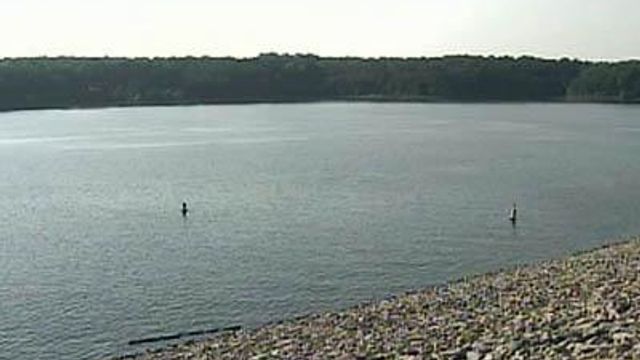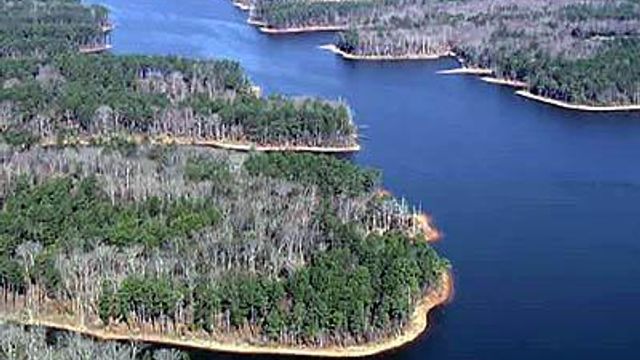Heat wave impacting Raleigh's water supply
As the temperature rises, so does the need for water. Customers on the Raleigh water system are increasing their consumption, according to Ed Buchan, a water conservation specialist with the city's Public Utilities Department.
Posted — Updated“Whenever we have 90-plus (degree) days, up to 100 (degrees), our water use spikes accordingly,” Buchan said.
Customers used 51 million gallons of water on Tuesday, when the high temperature was 88 degrees. On Wednesday, temperatures rose to 94 degrees, and usage increased to 58.2 million gallons.
Even so, usage is still down from this time last year, when the daily average was 60 million gallons.
“There's not any prediction that says this year isn't going to be as bad as last year, but it certainly is a rather ominous start,” Buchan said.
Water supply problems aren’t just from usage. Although Falls Lake, Raleigh's primary reservoir, looks full, the ground water level that people don't see and that flows into the reservoir during the months without rain is still rather low.
WRAL Chief Meteorologist Greg Fishel said that at Falls Lake, as the sun heats the soil, it draws out a lot of moisture.
“The fear is (that) if we head into another extended hot, dry period, all of a sudden those reservoirs could start dropping very quickly,” Fishel said.
A long dry, hot spell could deplete about 40 million to 50 million gallons of water a day from Falls Lake, which is the amount of water Raleigh customers consume on any given day.
“We're losing this water,” Raleigh City Councilman Rodger Koopman said.
Koopman said the current dry conditions support the city's decision to switch to tiered water rates.
“Our current model states that water is plentiful and cheap. That's clearly no longer working for us,” he added.
Buchan said that, given the current hot spell, increasing use comes as no surprise, even though homeowners are restricted to watering lawns only two days per week.
On the upside, Lake Benson, which is connected to Lake Wheeler, is coming online in the next year and a half, Koopman said. That will give the city an additional 20 million gallons of water a day.
• Credits
Copyright 2024 by Capitol Broadcasting Company. All rights reserved. This material may not be published, broadcast, rewritten or redistributed.





